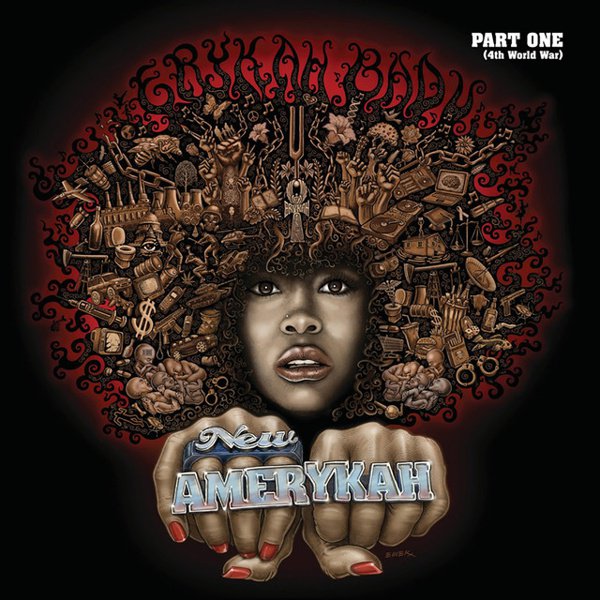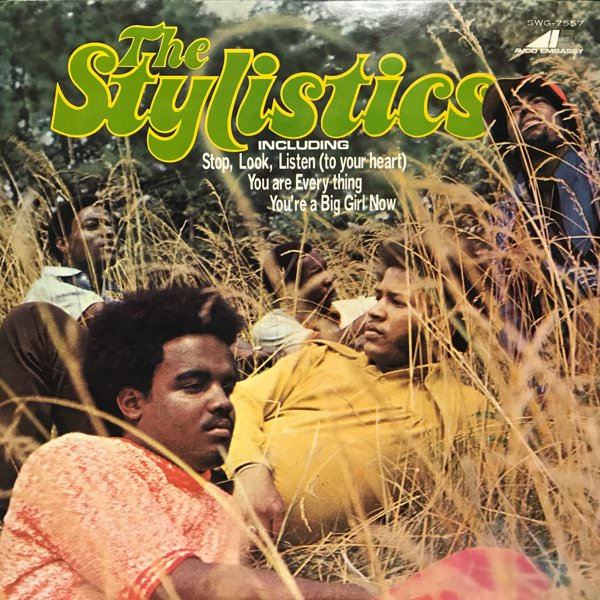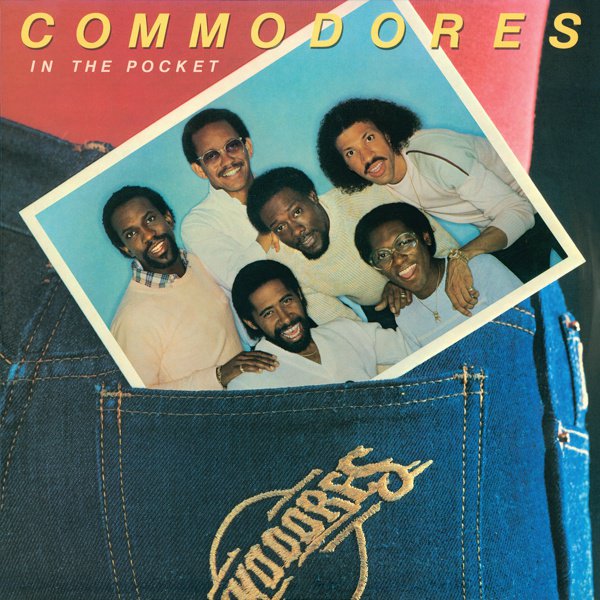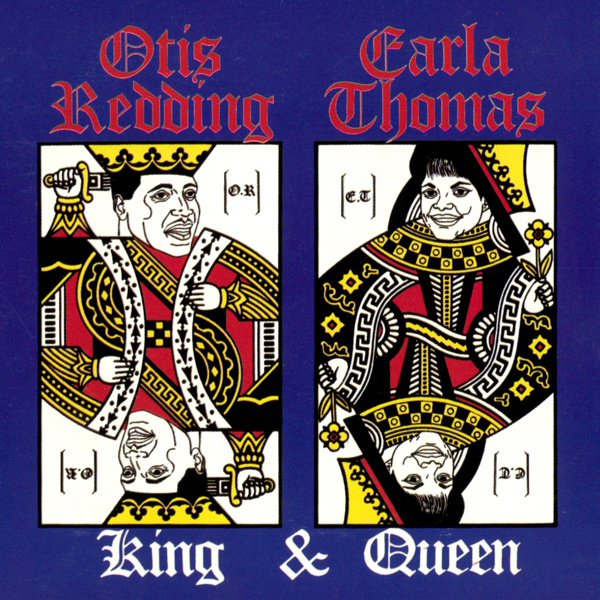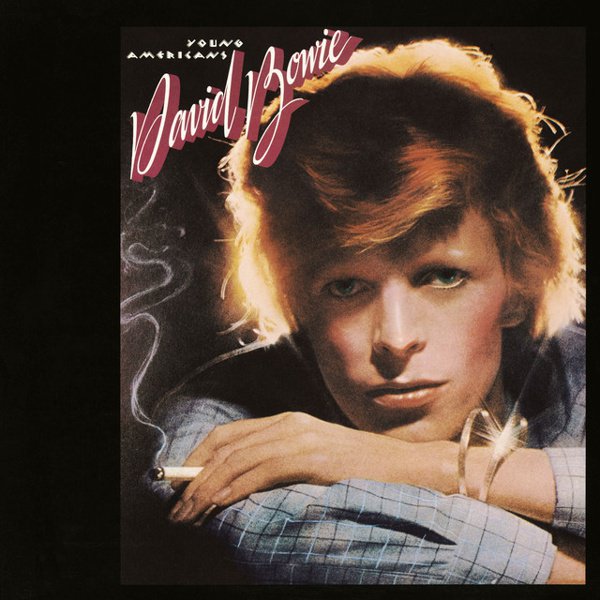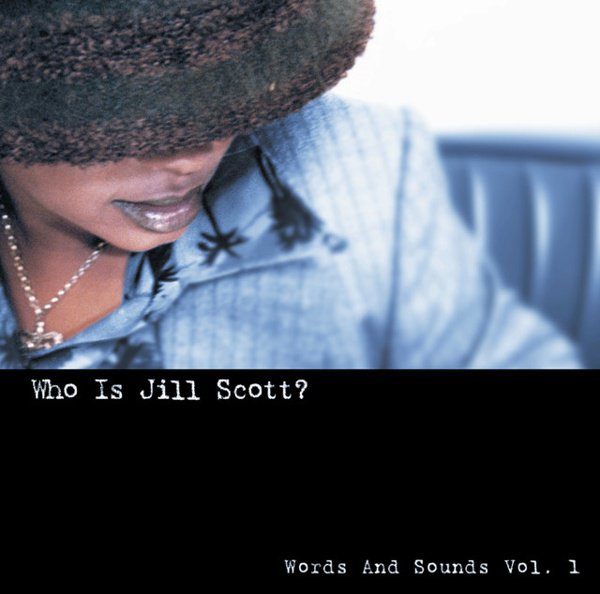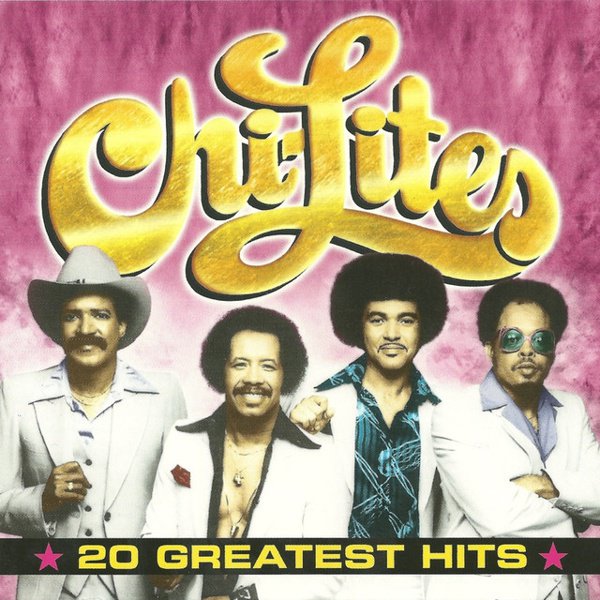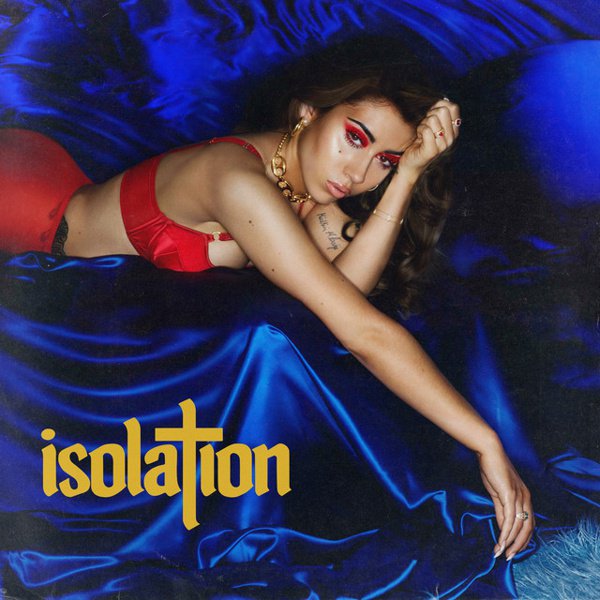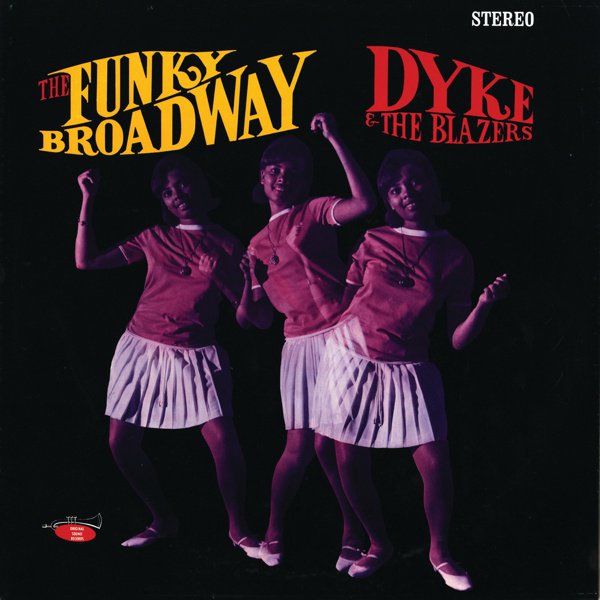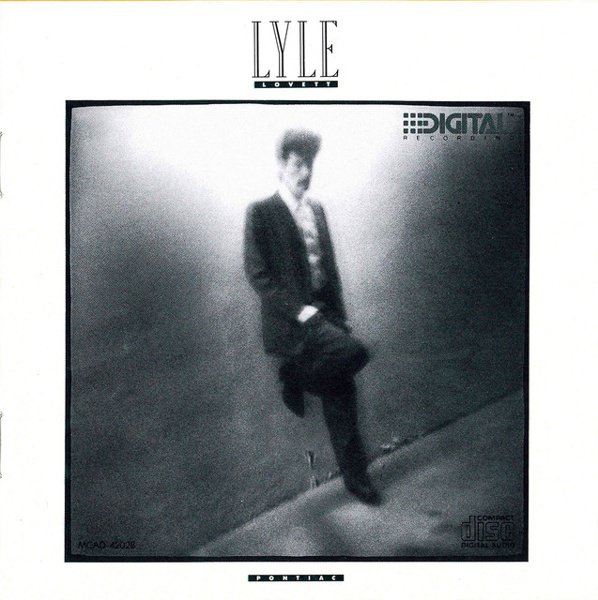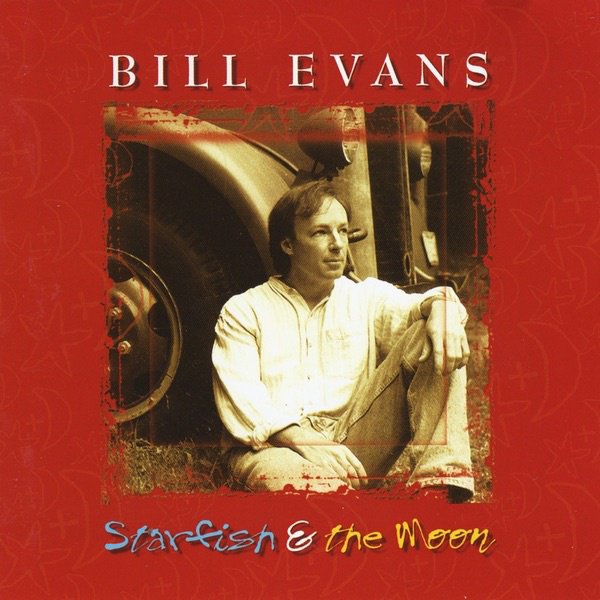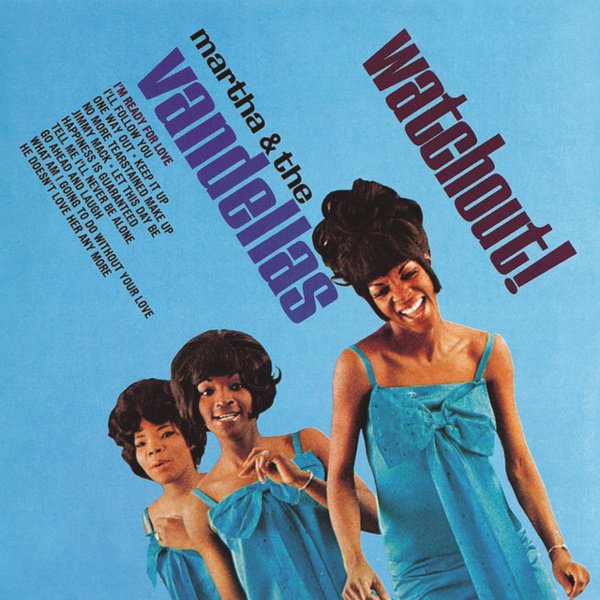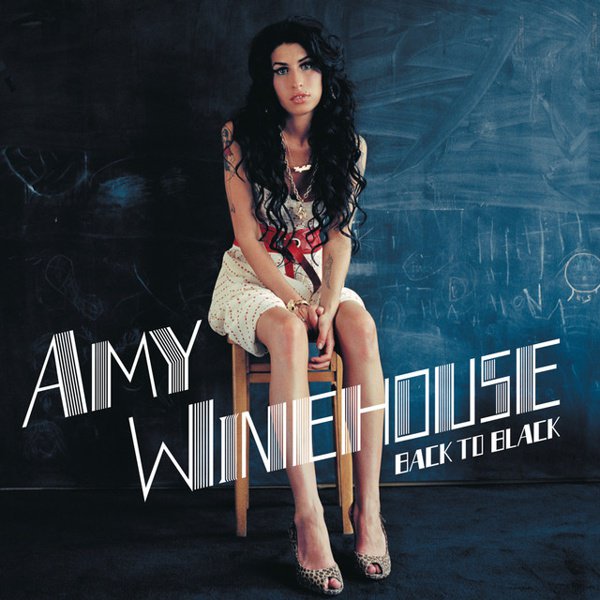
Recommended by
Back to Black
Nowadays it can be hard to not just listen to but really hear this breakthrough album from the millennial hip-hop-informed answer to Dusty Springfield. After all, “Rehab,” Amy Winehouse’s big-break irreverent uptempo ode to relapsing because you don’t know how else to deal with heartbreak, hasn’t been much fun since she joined the 27 Club. But would be a shame bordering on a disservice to her memory if you can’t also hear the sheer life in Back to Black, whether it’s in how “You Know I’m No Good” boils the term “guilty pleasure” to its purest essence (with a legendary Ghostface assist in the bonus-track version), “Me and Mr. Jones” reworks the old Billy Paul milieu to hash it out with a man later revealed to be Nas, or how absolutely massive a heart punch love-lost ballads like “Love Is A Losing Game” and uptempo cuts like “Tears Dry on their Own” will deliver. The Mark Ronson/Salaam Remi-produced and Dap-Kings-backed soul style nails the timelessness of a retrofuture that should’ve panned out much differently.
Erykah Badu once recalled Billie Holiday on a song (“Afro”) where she mentioned Wu-Tang Clan, mashing up the jazz age with the hip-hop era of 1997. Amy Winehouse’s retro beehive hairdo bobbing to the Motown-ish drums and tambourines on “Me & Mr. Jones”—a sly ode to Nas with mentions of Slick Rick—performs the same trick. So does Back to Black on a whole. Producers Mark Ronson and Salaam Remi lay sonic backdrops reminiscent of the Ronettes for English twentysomething Amy Winehouse to modernize with post-millennial lovesickness.

